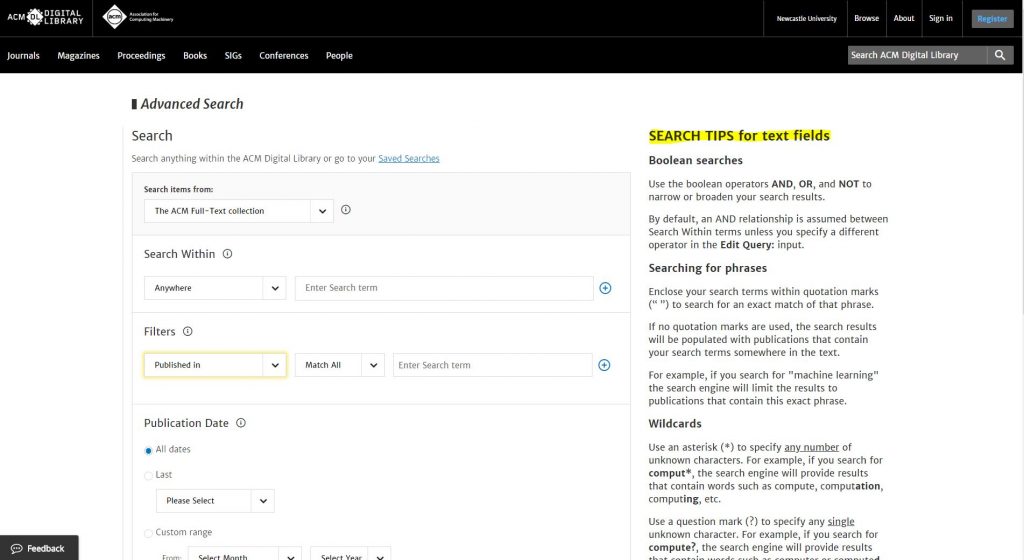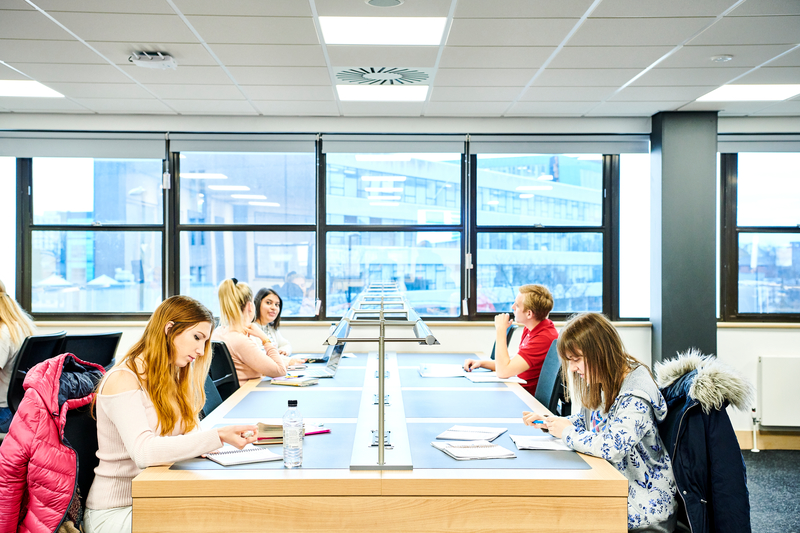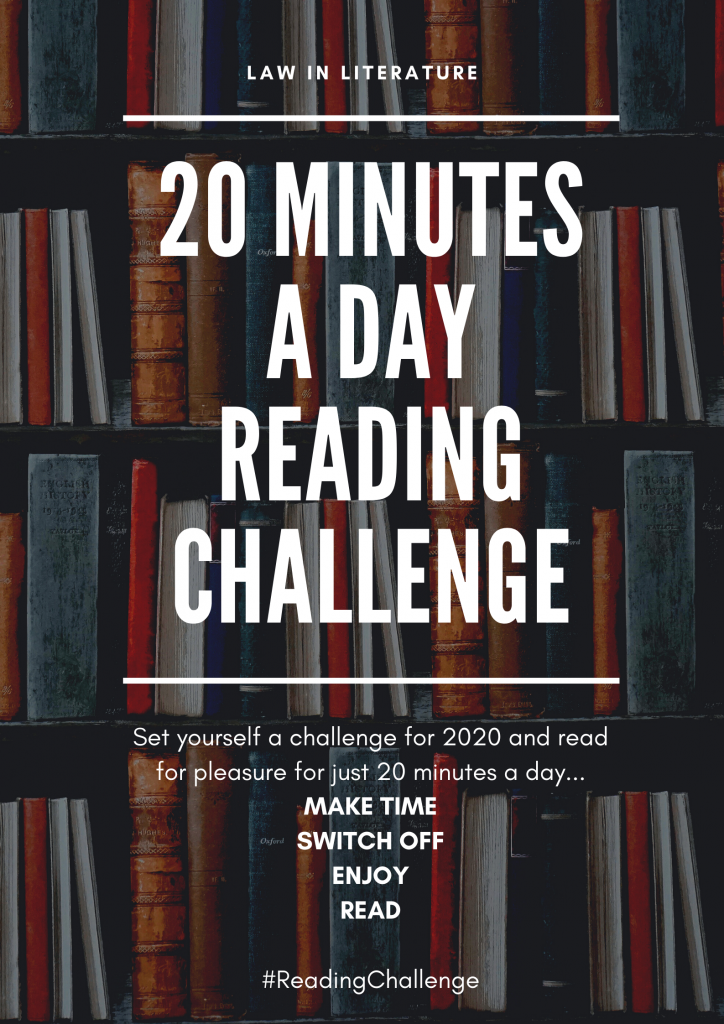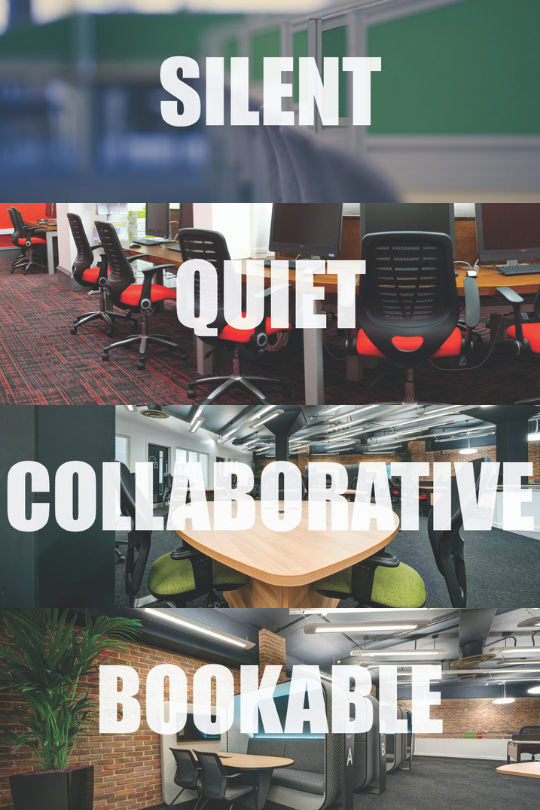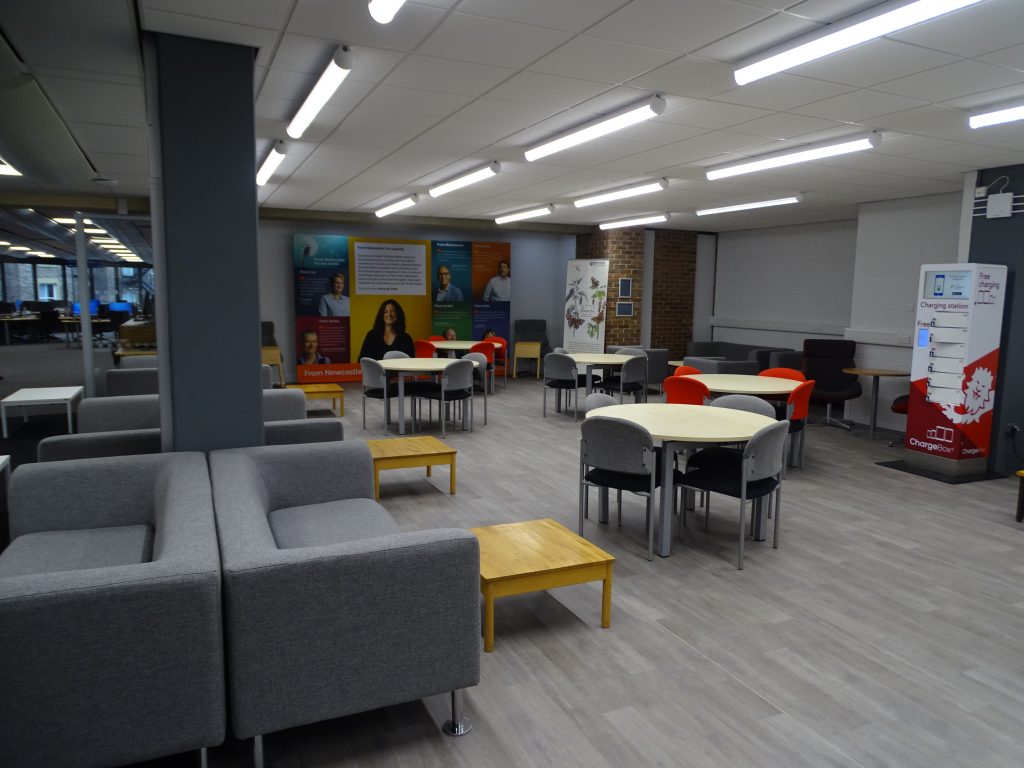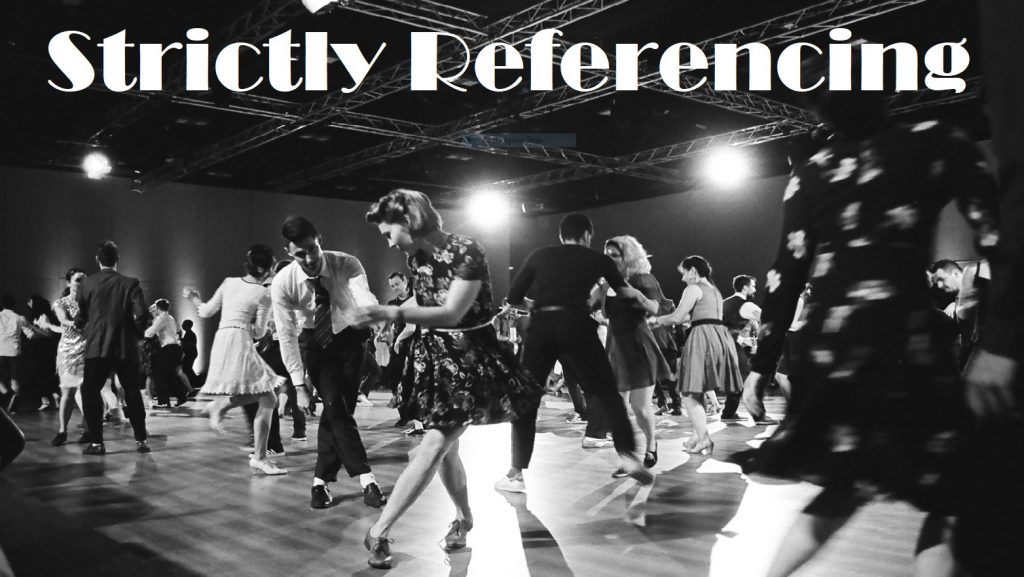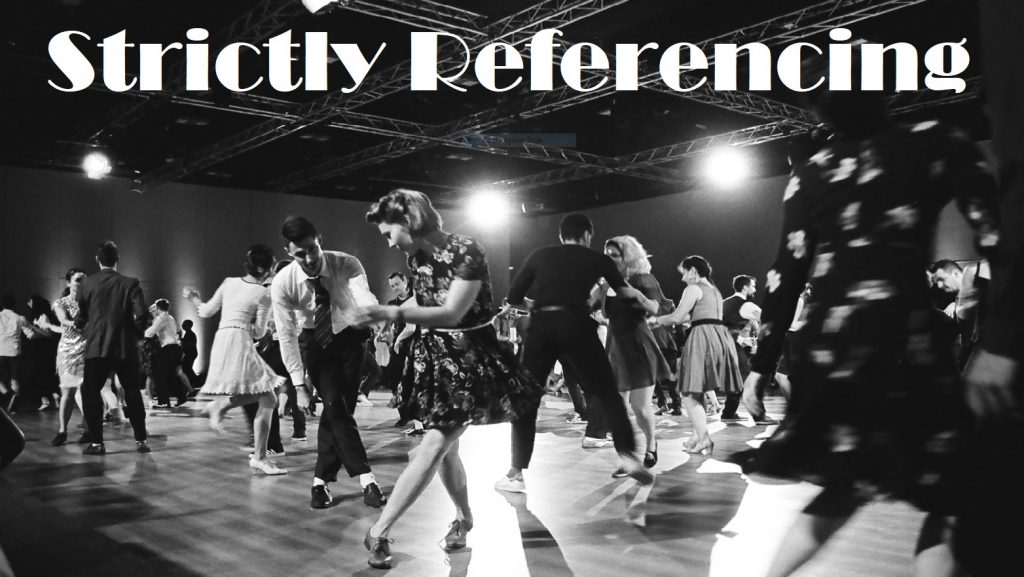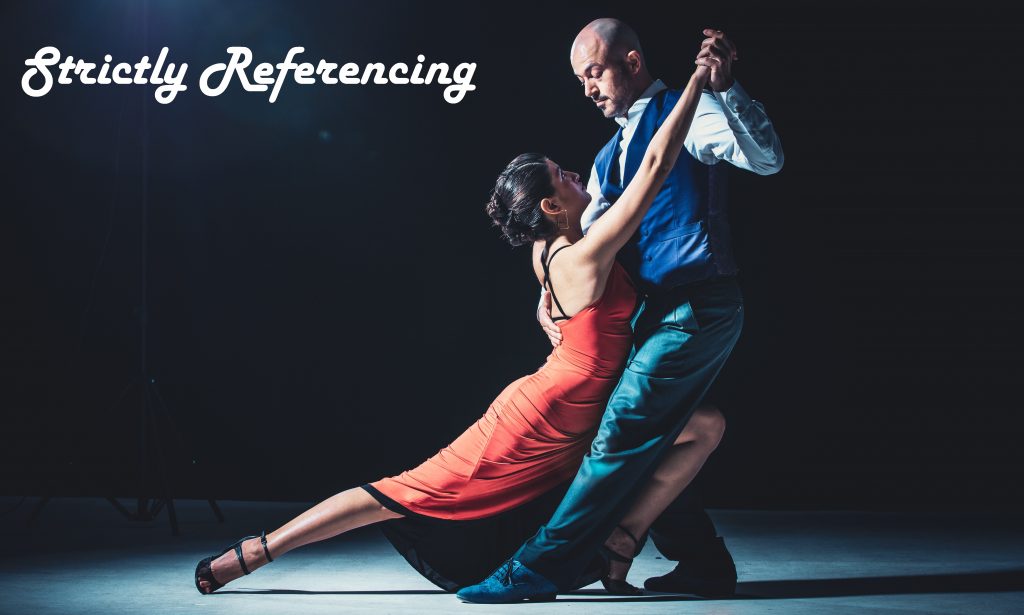
We are rather proud of our new Sustainability Guide, created in collaboration with one of our quite brilliant SAgE PhD students, Georgios Pexas – actually he did all the hard work by providing all of the content!
This guide looks at Sustainability regarding the key resources available from the Library around the three main pillars of sustainability: Environment, Economy and Society. We particularly like Georgios’ opening paragraph for our guide explaining what sustainability is and its relation to these three pillars:
“As defined by the “Brundtland Commission” in 1987, sustainability is the ability to “meet the needs of the present without compromising the ability of future generations to meet their own needs”. In other words, it describes living within the limits of available natural, physical and social resources and in ways that allow our environment to thrive in perpetuity; a concept that can be summarised as: “enough, for all, forever”. Sustainability approaches the issue of resource depletion holistically, unifying Environmental, Economical and Social concerns.”
The Guide also points to researchers on campus that are focusing on sustainability. It has a useful RSS feed of ‘sustainability’ in the news and invaluable links regarding careers and development in sustainability: professional associations, funding opportunities, where to look for jobs, and some upcoming events.
You will find the Sustainability Guide in the SAgE section of the Subject Guides, as it focuses on natural sciences and engineering side of sustainability, however we would love to have a section on how we as individuals can be more sustainable. We are trying to keep this Guide concise, yet useful, yet we welcome any new ideas for this guide, so please contact lorna.smith@ncl.ac.uk if you think of anything worth adding.


